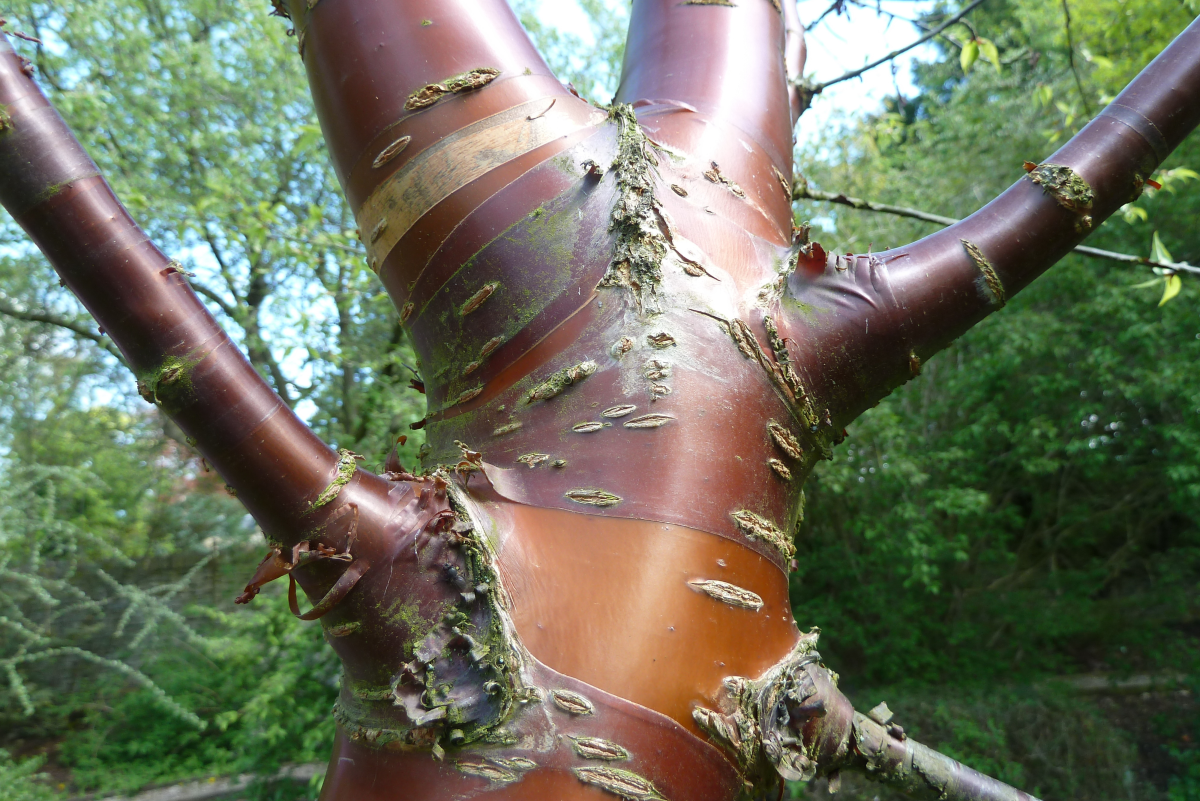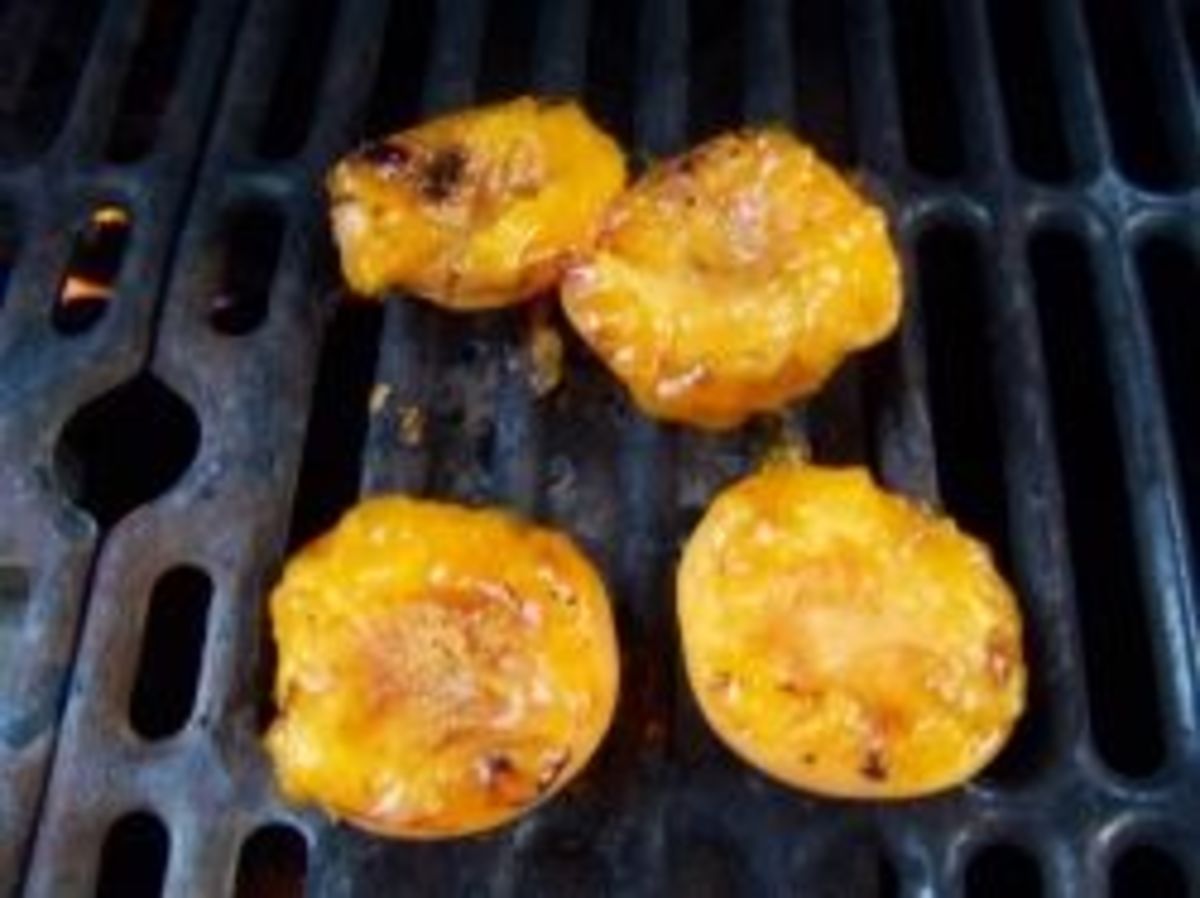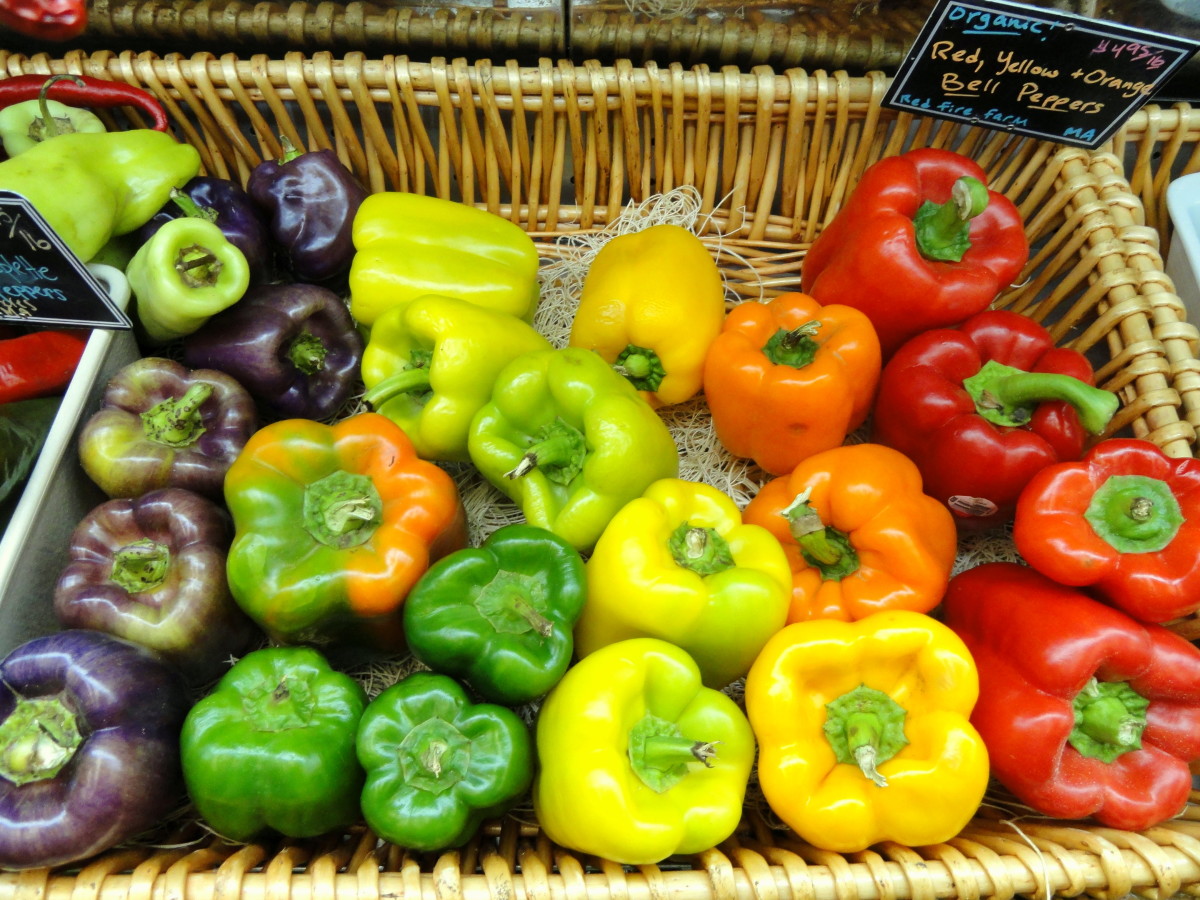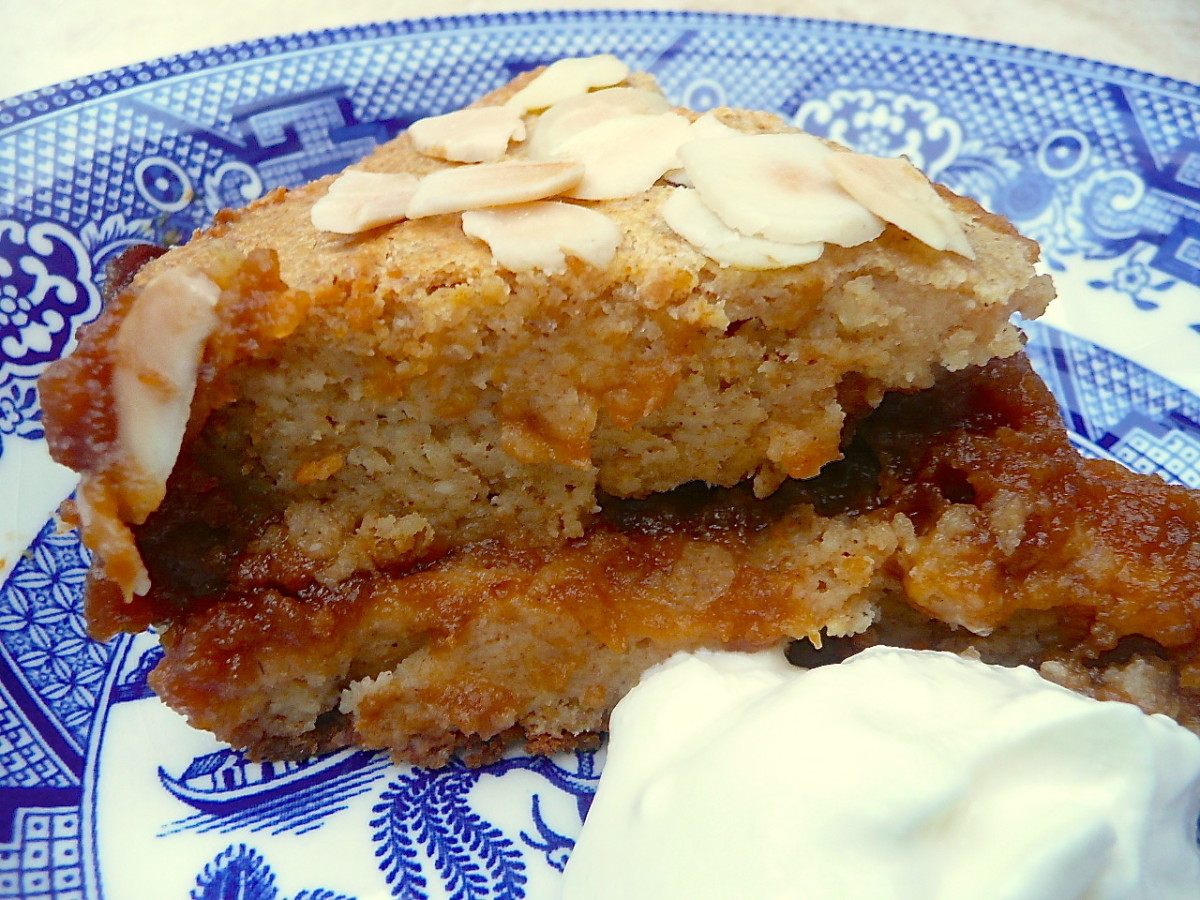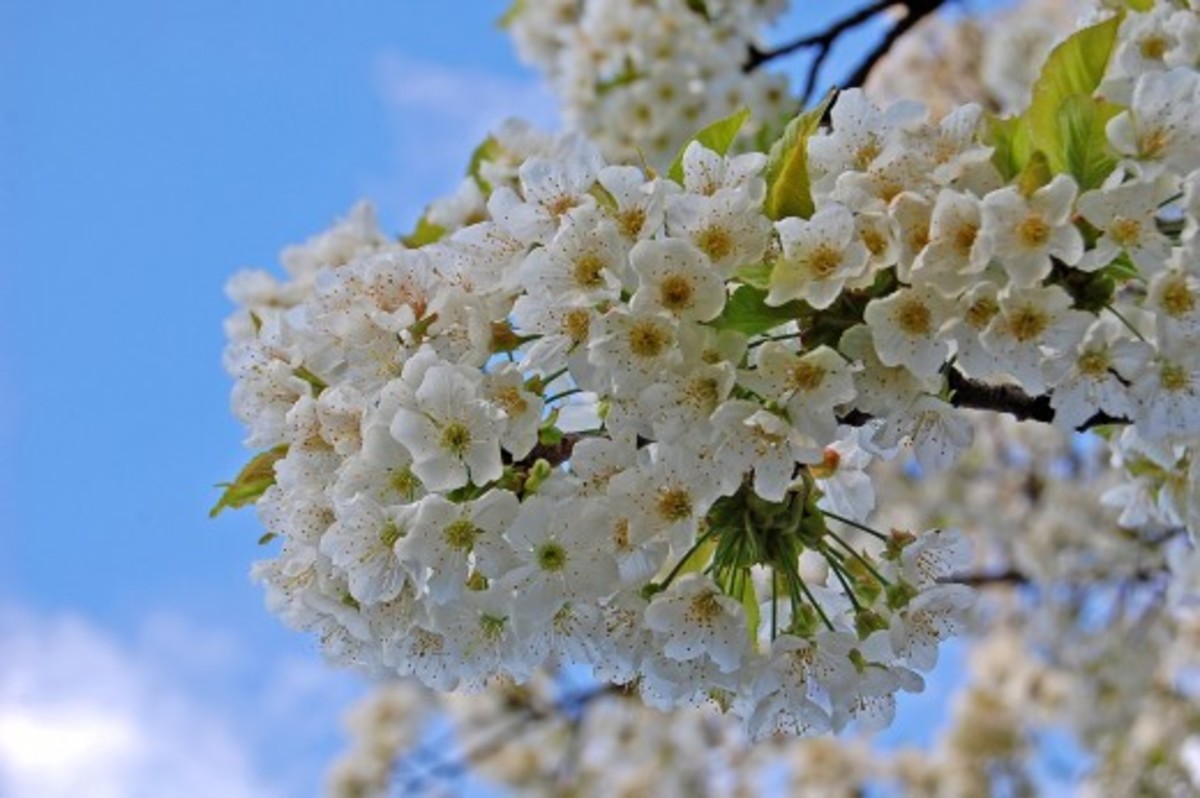Gifts From Mother Nature
Apricot Origins And Short History
One of the wonderful gifts that we have received from nature is apricot tree. The apricot tree (Prunus armeniaca) is a Prunus species classified in the subgenus Prunus with plum. Apricot's native area is somewhat uncertain due to it's extensive spreading cultivation since prehistory, but most likely it is originally from northern and western China and central Asia, also possible Korea and Japan.
The apricot comes from North China region located near the Russian border. In Armenia, from where it is known as "Prunus armeniaca", will arrive only 3,000 years after already would have been cultivated in regions of Central Asia. Then the apricot tree was brought by the Romans in Anatolia and Europe.
Suitable for hot dry climate regions, the cultivation of the apricot tree began in the nineteenth century in sandy desert regions, such as Spain and Italy. It is also cultivated in Tirol, Wachau, canton of Valais (Switzerland). But the biggest apricot crop is in Malatya region (Turkey) on the upper Euphrates.
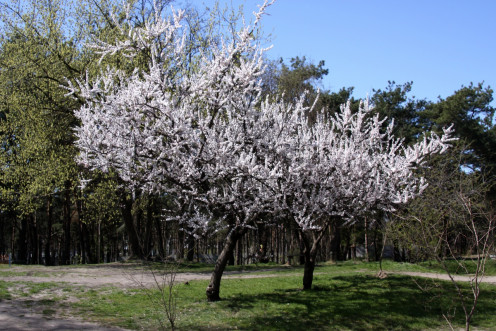
Apricot Is Productive. It Can Easily Reach 80-100 Kg Per Tree
Apricot is a productive species, average production per tree is usually 40 - 60 kg and can easily reach 80-100 kg. In Asia are found apricot trees that produce 500-700 kg. To have fruit on a longer period of the year it is good that the orchard to include at least three species of fruit trees, with different fruit period and a better frost resistance like: apple, peach and plum tree. Anyway, do not forget apricot which is part of the same species as the plum, "Prunus". It has been cultivated since ancient times in many countries and is appreciated for the flavor of it's juicy fruit.
Apricot can multiply by seeds, but do not keep entirely their hereditary characters, so it is vegetatively multiplied by grafting. Thus apricot is usually attached on plum and in special cases on almond, peach, or blackthorn. Relatively high range of rootstocks allowed the culture of apricot to expand in even less suitable areas and conditions for the species 'Prunus armeniaca'.
It is a tall tree that reaches up to 8-12m tall and has a trunk of 40 inches in diameter. Tree crown is dense and large. The leaves are oval, with rounded edges. The flowers have a diameter of 2 - 4.5 cm and consist of 5 petals white or pink. The fruit is fleshy, juicy and contains a single kernel. Diameter of apricot can reach up to 2.5 cm. The color is yellow-orange Sometimes apricots get darker shades (to red) on the most exposed parts to sunlight.
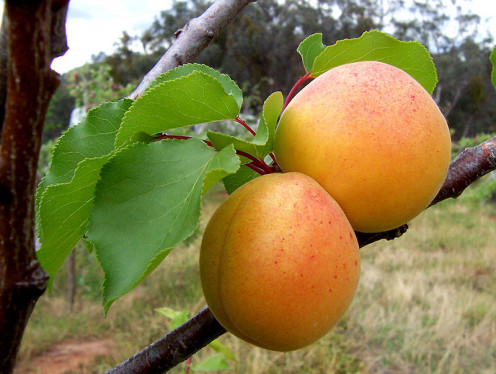
Apricots Contain Vitamins Such As: A, B1, B2, C, PP
The apricots are rich in vitamins A, B1, B2, C, PP, protein, nicotinic acid, mineral salts of calcium, magnesium, bromine, potassium, sulfur, copper, fiber, sugars, glucose, fructose, ascorbic acid, oxalic acid, malic acid and citric acid and tocopherols and pantothenic acid, riboflavin, beta-carotene and lycopene.
Apricots have tonic properties and astringent, laxative, antioxidant, depurative, diuretic and anthelmintics effects. In Europe, apricots have been considered an aphrodisiac for a long time. In traditional Chinese medicine, apricots were used to regenerate body fluids, to detoxify the body and reduce the sensation of thirst.
There are so many other interesting things to study and say about apricot tree or any other fruit trees such as peach or apple tree, etc. I invite you to do more research and enjoy these unconditional gifts we receive from nature.
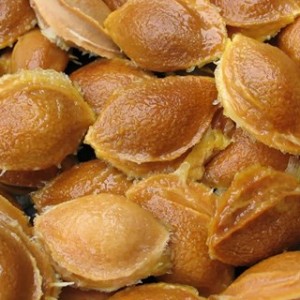


Apricots Contain A Large Amount Of Carotene And Is A Rich Source Of Vitamin B17
Only one thing I'd like to emphasize on the apricot tree. Research has shown that compared with other fruits or vegetables, apricots contain a large and varied amount of carotene. Carotene are antioxidants that prevent various diseases of the heart, reduces cholesterol and protects against cancer. Apricot kernel, seems also to be the richest source of vitamin B 17.
By the way, it was observed that the monkeys at the zoo, when they receive fresh peaches and apricots, they carefully remove sweet pulp, breake apricot stones and devour the core.
Somewhere between Pakistan, India and China there is a people called Hunza. These people are known worldwide for their longevity and their outstanding health. Their average life expectancy is 100-120 years and never was found a single case of cancer among them. It is interesting to note that the Hunza diet contains large amounts of apricot seed that hunzii consider to be a delicacy. What is more interesting is that when Hunza people left their country and adopt the diet of other countries, they do the same diseases as the rest of mankind.
I remember, when I was a child, I and my friends, little girls and boys, we used to collect the apricot seeds, break them and eat their core, just like those monkeys. Now when we are grown up, we throw the seeds, considering that it takes too much time to break them.
It is recommended to consume no more than 5 bitter apricot kernels daily, uniformly distributed throughout the day.
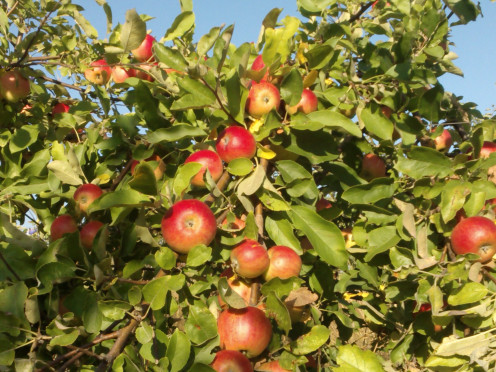
An Apple A Day Keeps The Doctor Away!
Think about that. It's so interesting. Apple seeds contain vitamin B17, too. An apple a day keeps the doctor away! In terms of vitamin B17, this proverb is true, when you eat apple and its seeds. It is recommended not to eat only apple seeds, but apple with seeds. Thus the amount of seeds is limited by the number of apples you can eat.
Apricot kernel, seems to be the richest source of vitamin B17, vitamin which is able to prevent and cure incurable diseases. Is that a reason to start searcing the matter and learm more about this subject? Should we consider all these gifts from nature as our friends and therefore keep them as close as possible to our homes? I think, yes, we should!

